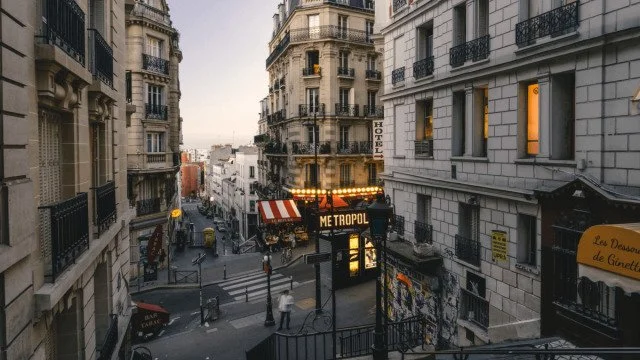RUSSKIY MIR
Sun 9.11.22
President Putin has recently spoken about the “Russian World,” Russkiy mir. This concept originated with Vladislav Surkov, who is known as the eminence grise, Russia’s modern Rasputin, i.e. the influence behind the throne. Said he, Russkiy mir “did not come up yesterday. I introduced it into the structure of state policy. Putin said, ‘Russia has no borders’; I think he meant it. What is the Russian world? It is everywhere where people speak and think in Russian. … Where our Putin is respected. And he is respected in many places by those who do not speak Russian and who have a rather vague idea about Russia. Where people are afraid of Russian weapons, this is also the Russian world. This is our [sphere of] influence. Where our scientists, our writers, our art are respected. This is all the Russian world.” Mr. Putin described it thus "The Russian Federation [physical country] provides support to its compatriots living abroad in the fulfillment of their rights, to ensure the protection of their interests and the preservation of their Russian cultural identity."
People are relocating or being relocated to various parts of the world to a great degree of late. It hasn’t worked too well for some. The Arabs in Scandinavian countries assumed, per their culture, that the scantily dressed women in their new surroundings were fair game. The French want to curtail the influx of immigrants to their banlieues, The Irish are not friends of the English, the Israelis, against the Palestinians, the African Americans are not a good fit with Caucasians.
The Caucasian world is known as the West, which is both a genetic based concept and societal construct. As a French speaker, born of French Canadian parents in the US, I see myself as part of the French World. My values are quite different to those of Anglos. Mother tongue is how one’s brain gets wired, consequently behaving through the lens of that language. Language is all; it is one’s window on the world. I relate more passionately to French literature, politics, culture than to my country's. Had I been given the opportunity to be accepted as a French citizen, I would have taken it.
Sitting in a café in my hometown one workday morning with colleagues, I was distracted by the folks at a table in my sight. A group of French men talking animatedly were joined shortly by the mayor, an Anglo. He began to relate an incident and I saw the mood at the table change perceptively. The French men were not discriminating, they were joining him, adapting to his cadence and speaking of different matters, in a different tone entirely. It was surface to their culture’s vocabulary.

